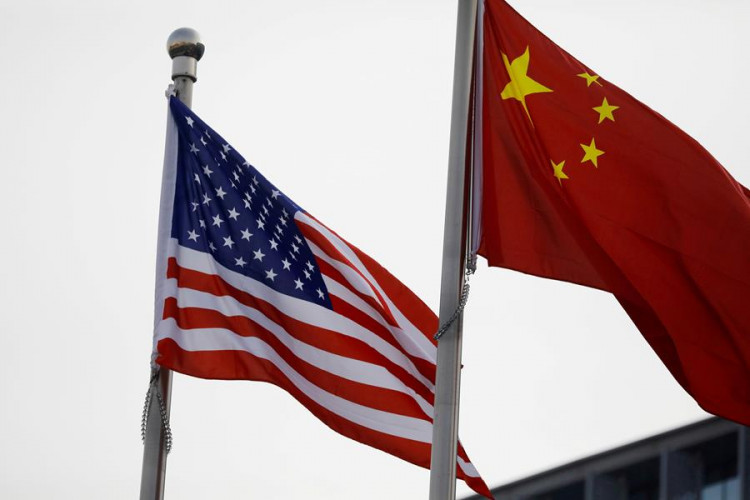The U.S. Senate has passed a bipartisan bill to boost science and technology research for it to better compete with China and others, reports said Wednesday.
The legislation, which passed the chamber on a 68-32 vote, commits around $250 billion in funding for scientific research, subsidies for microchips - which many U.S. companies source from China - and a restructuring of the National Science Foundation.
Supporters of the bill described it as the largest spending in scientific studies that the U.S. has seen in decades.
The bill "is about investing in that innovation economy of the future," Washington state Democratic Sen. Maria Cantwell, who chairs the Commerce Committee, said in remarks quoted by The Wall Street Journal.
The bill, called the U.S. Innovation and Competition Act, was approved after months of negotiations on a legislation originally proposed earlier this year by Senate Majority Leader Chuck Schumer, a Democrat from New York, and Sen. Todd Young, a Republican of Indiana.
The politicians approved a series of proposals to reduce China's economic aspirations and curb its political influence. The bill authorizes $300 million specifically to counter the political clout of the China Communist Party.
The legislation is likely to be given the nod by the House, possibly before the summer recess, Owen Tedford, analyst at Beacon Policy Advisors, said.
U.S. intelligence officials said in an April evaluation that China is one of the nations considered as a global threat to American interests, NBC News said.
"Whoever wins the race to the technologies of the future is going to be the global economic leader," Public Broadcasting Service News quoted Schumer, the lead author of the bill, as saying.
Biden applauded the bill's passage: "As other countries continue to invest in their own research and development, we cannot risk falling behind," he said, according to CNBC.
The China consulate in Washington didn't immediately respond to a request for comment.






